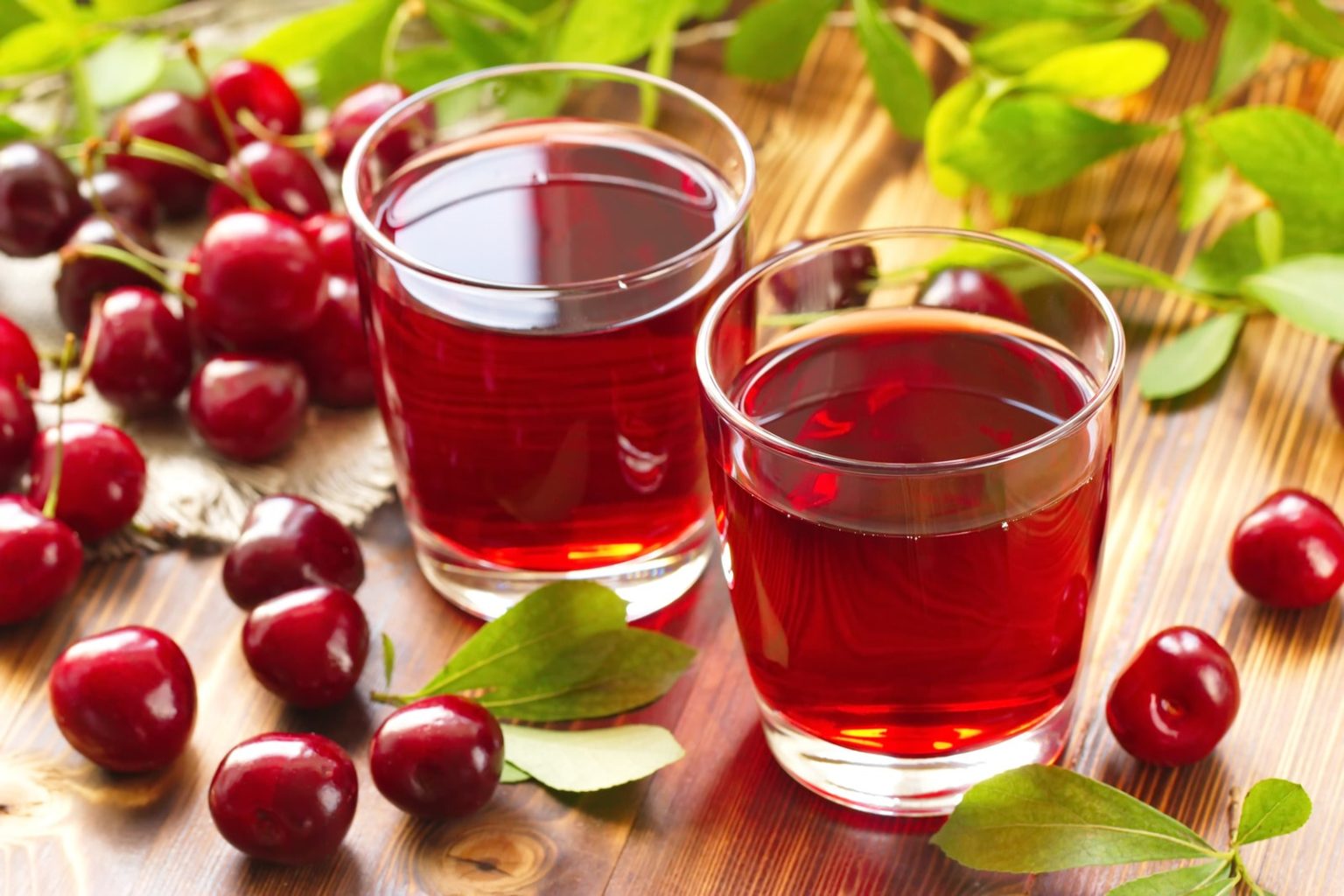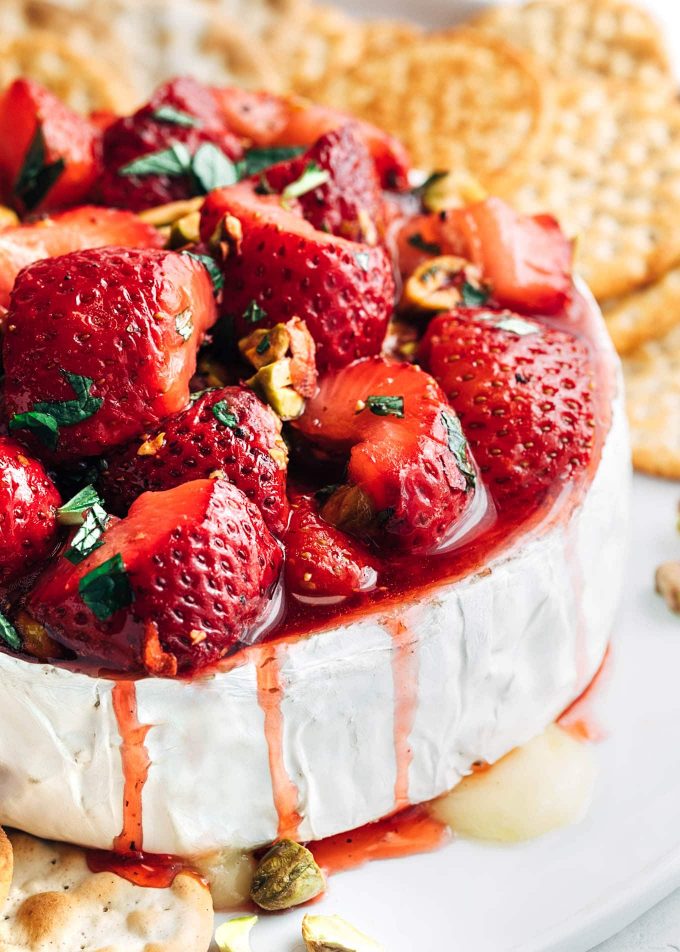Joint pain, especially in the knees, is a blight on your day. Whether caused by arthritis, injury, or repetitive stress, your joints are so critical to every movement you make that it is near impossible to feel comfortable. Painkillers, either OTC or doctor prescribed, can help. But these come with a host of side effects that may just be swapping one pain for another.
But what if there was a natural remedy you could sip on throughout the day?
Get ready, because we have not one, but nine different beverages that can help wipe out your pain without any side effects.
It all comes down to reducing inflammation, which is the ultimate source of most joint discomfort. When you consume anti-inflammatory substances in liquid form, it has the added benefit of improving hydration in your body. Getting enough to drink is critical for keeping joints lubricated and blood flow healthy.We’re getting thirsty, so let’s dive into the list. Which one will you be trying first?
1. Red Wine

Here’s a welcome surprise. Red wine is actually good for joint pain. Of course, alcohol in general can dull our senses and reduce pain that way. But red wine in particular contains something called resveratrol, a compound with powerful anti-inflammatory properties.
Enjoying a glass or two on a regular basis can actually reduce your risk of developing chronic joint diseases like osteoarthritis and rheumatoid arthritis. Just be careful not to drink to excess, as too much alcohol is dehydrating and will actually cause the inflammation you’re trying to eliminate. Also, you can get resveratrol from red grapes and red grape juice; it doesn’t necessarily need to be wine.
2. Tart Cherry Juice

Juice is usually discouraged for people with joint pain because it contains a lot of sugar. Sugar is inflammatory and juice contains no fiber to moderate the release of sugar into your bloodstream. Whole fruit is typically okay, because it contains a good amount fiber along with its sweetness.
An exception to the no-juice rule, however, is tart cherry juice. Studies have shown that it can reduce inflammation and swelling, thereby relieving symptoms of osteoarthritis.
3. Smoothies

Smoothies provide an excellent way to drink your fruit without missing out on the critical fiber. They are also great for sneaking in a few veggies – you won’t even taste ‘em. You should avoid putting in too much pure juice, but yogurt is a nice addition that makes for a smooth texture and offers some gut-healthy probiotics, as well.
Whatever helps you get your fruit and veggies every day is helpful for relieving knee and joint pain because produce contains a lot of antioxidants. Free radical damage is one major driver of inflammation in the body, and antioxidants are able to bind with free radicals to neutralize them.
4. Coffee

The studies around joint pain and coffee are contradictory, with some indicating that coffee can increase the risk of developing arthritis, while others note that coffee seems to reduce the risk of gout (a painful form of arthritis that involves uric acid crystals in the joints). However, coffee definitely contains inflammation-fighting polyphenols.
If you already drink coffee, there is no reason to stop. Your morning brew may be helping to reduce your knee and joint pain. Just keep your consumption to 4 or fewer cups per day, as most studies find no ill-effects on joints before that level.
5. Tea

Even if you don’t care for coffee, you can still have a bracing morning beverage in the form of tea. Whether you choose black, green, or white tea, you will get a nice dose of antioxidant polyphenols to reduce inflammation in your joints. But not all teas are equal – the green variety has the most antioxidants, followed by white, and finally black.
Green tea has a particular polyphenol called epigallocatechin 3-gallate (EGCG) that can bolster and protect your bones and the surrounding cartilage. Sometimes improving the structure of your joints as well as reducing inflammation can relieve the pain you’re experiencing.
6. Ginger Tea

Ginger is a well-known anti-inflammatory. It is able to prevent the release of inflammatory molecules such as prostaglandin and leukotriene, as well pro-inflammatory cytokines, which are a type of protein found in cells. Ginger also contains a compound called gingerol, which not only reduces inflammation, but also soothes sore muscles.
Any beverage that contains ginger can help manage your joint pain. However, we recommend that you make it at home rather than rely on sugary ginger soda.
7. Chicken Bone Broth

You may have seen a capsule or powder supplement for joint health called glucosamine and chondroitin. The stuff is popular with people who experience chronic joint pain, but it needn’t be consumed in pill form.
Bone broth made from chicken bones contains glucosamine and chondroitin as well because it is found in the cartilage within those chicken bones. Bone broth also fights inflammation and contains collagen, an essential element of joint structure.
8. Milk

Joint pain is not always just about the space where your bones meet up. Overall bone health can make a difference in your pain levels, too. Milk contains a nice amount of calcium to strengthen bones and help them maintain a healthy density. Studies have indicated that drinking milk may be able to slow the progression of osteoarthritis and even prevent gout completely.
But, if you have a dietary sensitivity to dairy, milk will more likely exacerbate your knee and joint pain rather than soothe it. In that case, try to eat more green leafy veggies and nuts to make up the difference in calcium.






